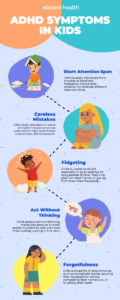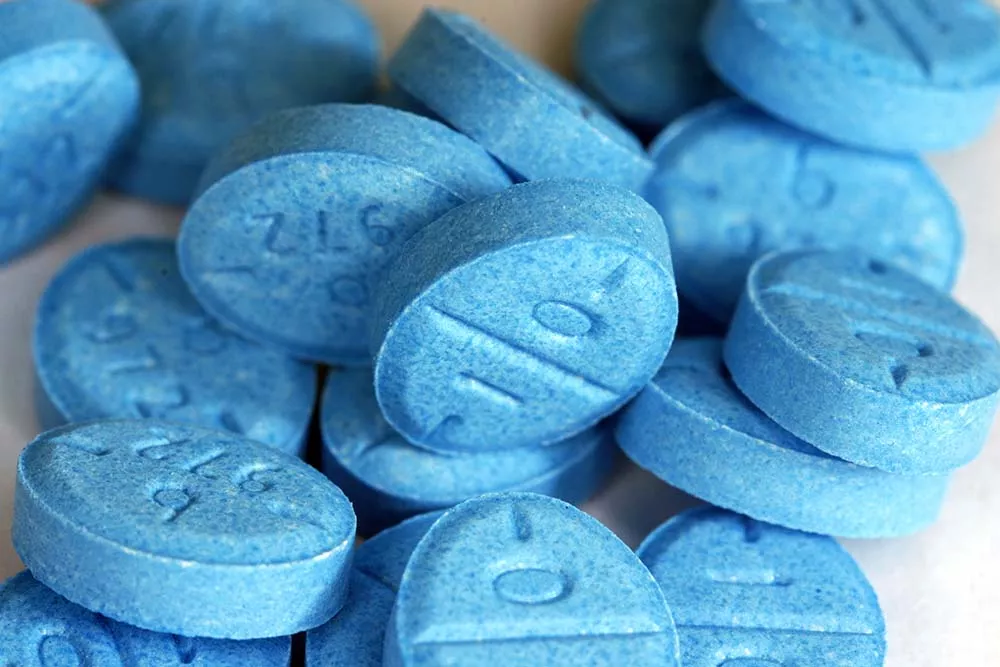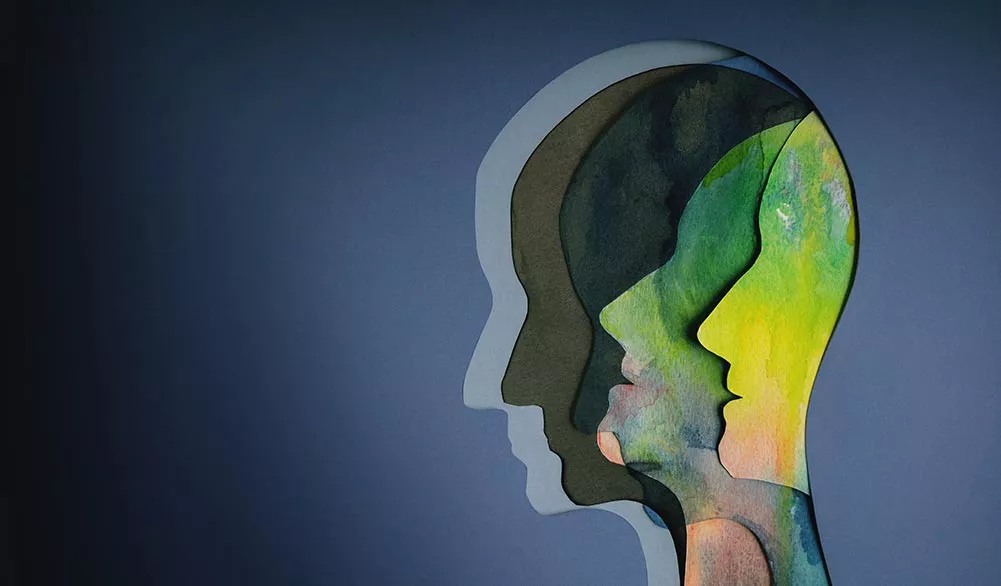If you’ve ever been around young children, you would know that many are energetic, distracted, and fidgety almost by nature. How can we tell when these behaviors are typical for our children and when they could be a sign of something like ADHD?
According to research studies, about 9.4% of children have been diagnosed with childhood ADHD (Attention Deficit Hyperactivity Disorder). This is 388,000 children aged 2-5 years old, 2.4 million children aged 6-11 years old, and 3.3 million children aged 12-17 years old. To put it plainly, there are a lot of children affected by this disorder.
Although ADHD is fairly common, it’s not an easy disorder to deal with. Children with ADHD may have trouble coping with their symptoms and understanding why they behave differently than their peers. To grasp how to treat ADHD in children, it is first vital to be able to identify the signs.
ADHD, or “Attention Deficit Hyperactivity Disorder, is a neurodevelopmental disorder typically diagnosed in childhood and often lasting into adulthood. It is classified by behaviors such as inattention, impulsivity, and being overly active. While almost all kids have these behavioral patterns, children with ADHD perform them much more often and have a hard time changing them.
Children with undiagnosed ADHD may run into a lot of trouble in various environments. They often get in trouble at home due to their forgetfulness to do chores or their inability to wind down before bed. As students, they may be marked as a “problem child” for disrupting class or failing to turn in assignments. They may even have trouble making friends because of their inclination to interrupt others or talk too much. This can lead to self-esteem problems and the general feeling of inadequacy when compared to their non-ADHD peers.
Although many people have the misconception that most kids simply “outgrow” ADHD, the truth is that 50-86% of ADHD cases persist and continue into adulthood. ADHD typically presents itself in three different ways:
Only qualified mental health professionals should be the ones who diagnose ADHD in children. However, it doesn’t hurt to know of the common ADHD symptoms so you can take note of any unusual behaviors in your child. Early detection of ADHD can help tremendously in getting quick treatment for your kid. Additionally, early detection and diagnoses can get your child academic accommodations (such as extra time on exams) that can make a world of a difference in their ability to learn and achieve.

Do the symptoms above sound just like your kid? Have no worries, because there are plenty of treatment plans out there to help your child cope if they do have ADHD. Even if symptoms don’t disappear altogether, they are likely to improve tremendously and become highly manageable with time and care.
Behavior Therapy: This type of therapy requires participation from both the child, their parents, and possibly the child’s teachers. Behavioral therapy strives to turn maladaptive behaviors like inattention and hyperactivity into more adaptive behaviors like focus and energy regulation. To do this, behavioral therapists reward adaptive behaviors in children with ADHD and teach them how maladaptive behaviors are distracting. They teach parents and even teachers how to do the same until the child’s behaviors change.
Medication: Stimulant medications, like Adderall or Concerta, are highly effective in treating ADHD symptoms in children. On average, 70-80% of children with ADHD experience a decrease in their symptoms shortly after starting medication. The use of medication combined with therapy is often the most recommended treatment programs by ADHD professionals.
Cognitive Behavioral Therapy: ADHD can cause low self esteem and negative thought patterns in children, especially if they find themselves struggling in school or with social connection due to their disorder. This can then lead to other mental disorders like anxiety and depression. Cognitive Behavioral Therapy, or CBT, aims to change negative thought patterns into more positive ones, increasing confidence and self esteem.
ADHD Coaching: This form of treatment is more suitable for older children struggling with ADHD, like teenagers. ADHD coaches are professionals who act as a “life coach” specializing in ADHD. They help adults, teens, and even kids better manage their responsibilities and improve their self motivation.
Eleanor Health is here to help you build your confidence and momentum towards the future you want. We provide treatment services for adults with alcohol, opioid, and other substance use disorders. We are currently located in Louisiana, Massachusetts, North Carolina, New Jersey, Ohio, Texas, and Washington.
 What is Adderall?
What is Adderall?
 ADHD Symptoms and Treatment
ADHD Symptoms and Treatment
 Types of Personality Disorders
Types of Personality Disorders